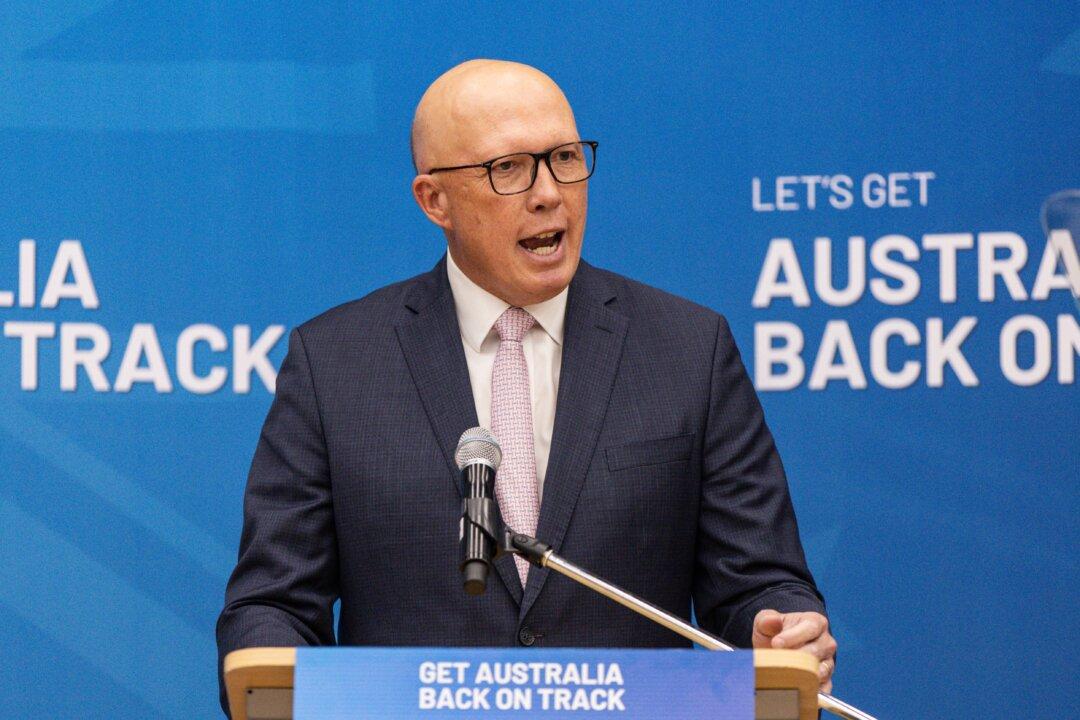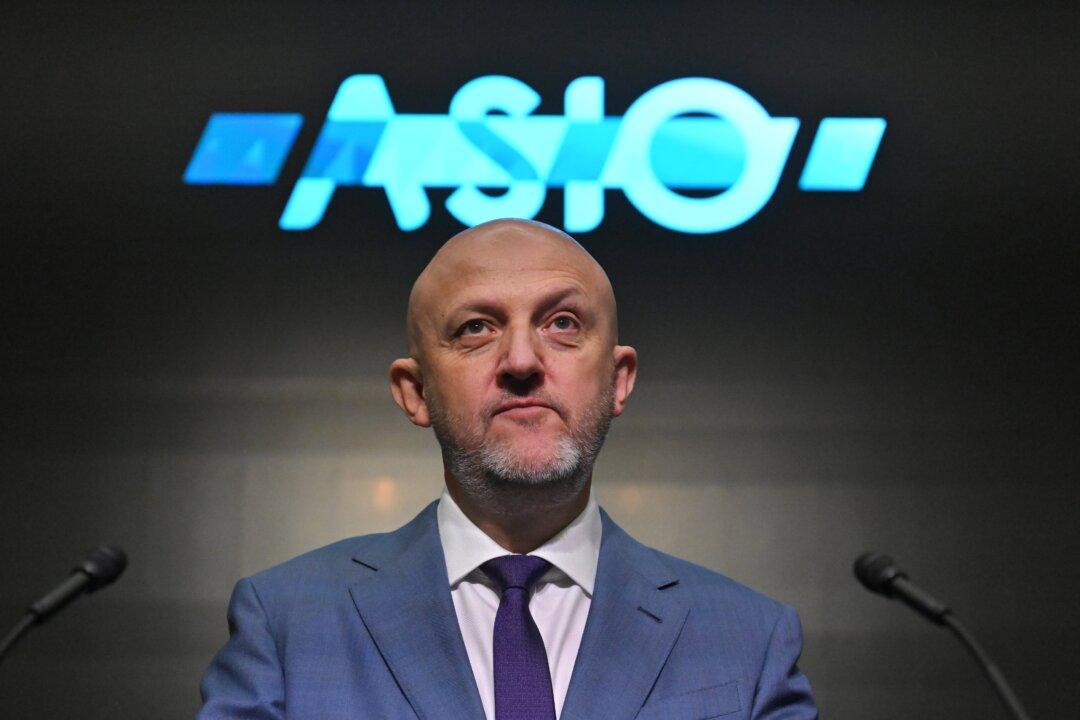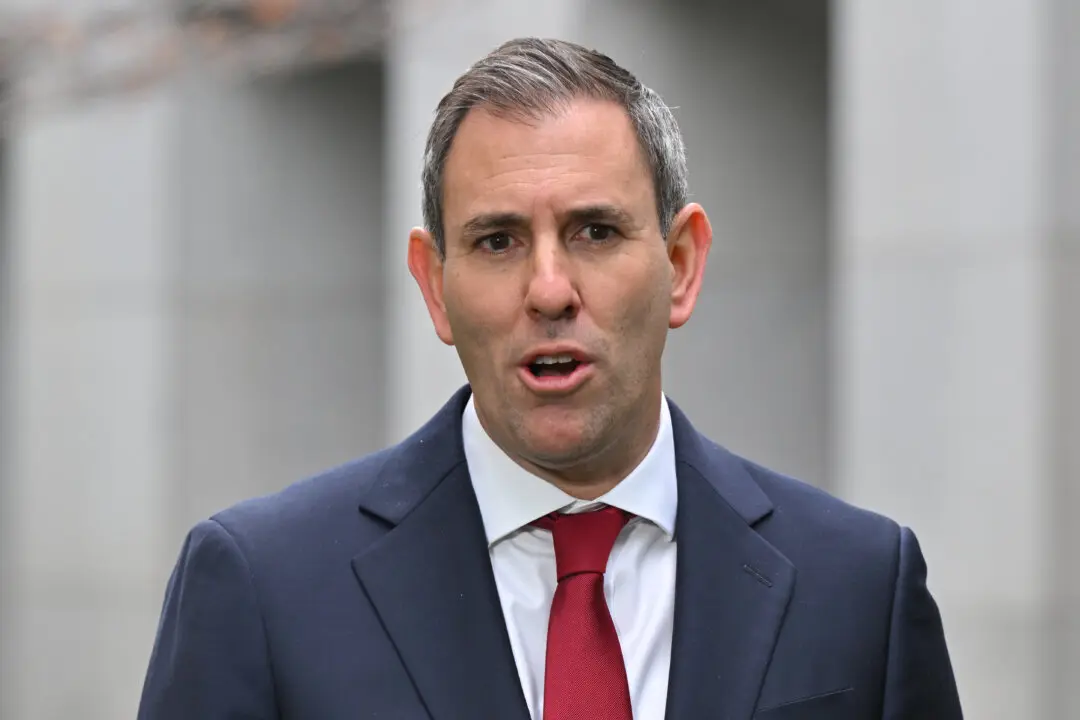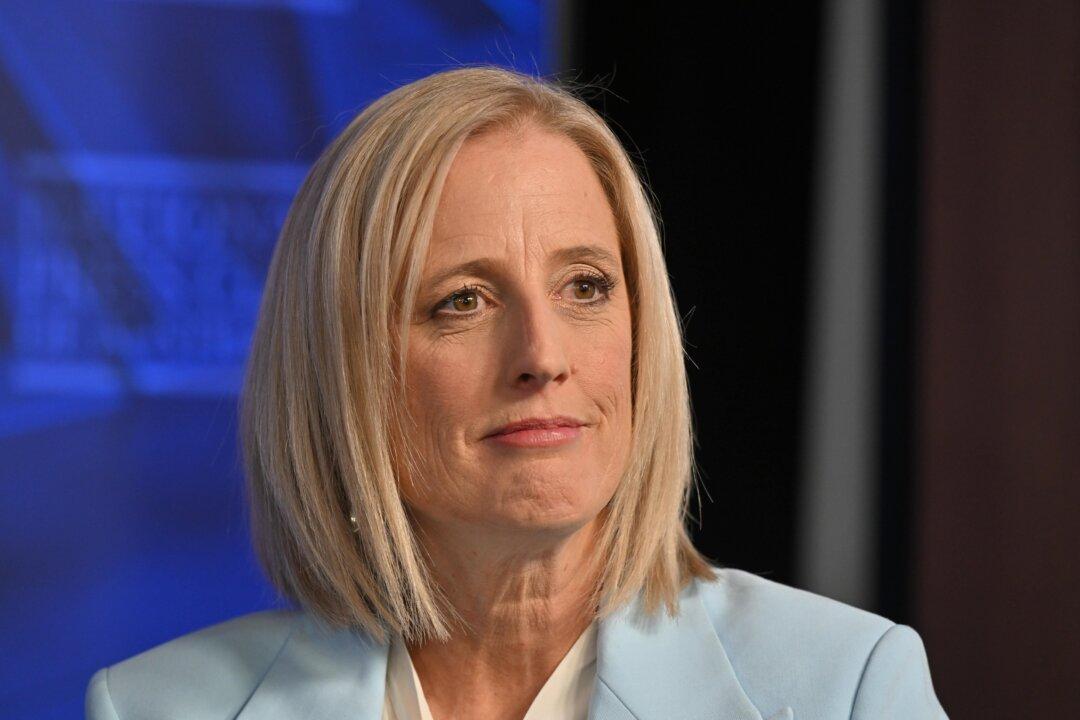Federal Opposition Leader Peter Dutton has defended U.S. President Donald Trump, urging Australians to “cut Trump a bit of slack.”
His comments reflect Dutton’s views on managing relations with the U.S. leader, who has sparked a strong response globally with out-of-the-box remarks about turning Greenland, the Panama Canal, Canada, and now Gaza, into U.S. territories.





